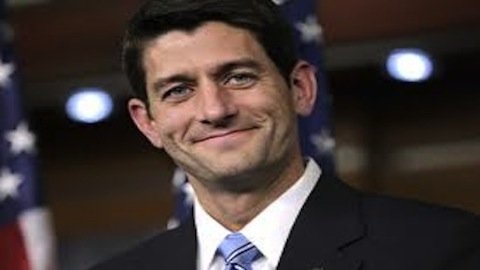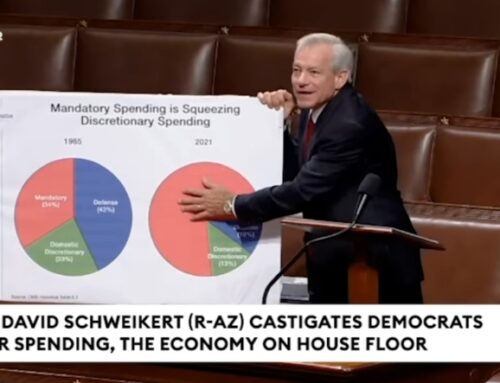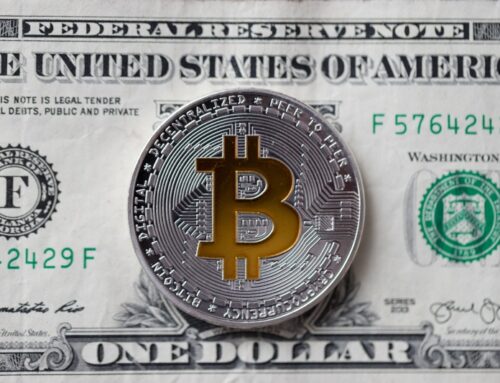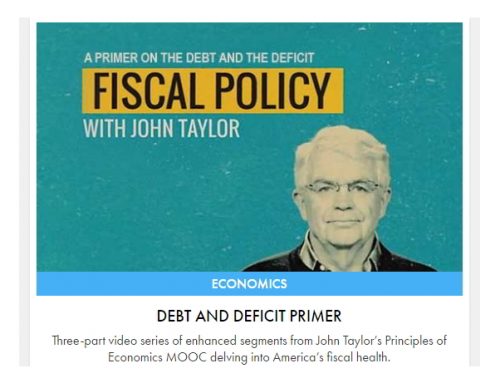Representative Paul Ryan of Wisconsin, chairman of the House budget committee, gave a forceful, highly regarded speech on Oct. 26, “Saving the American Idea: Rejecting Fear, Envy and the Politics of Division.” Wall Street Journal columnist Peggy Noonan, a former Reagan speechwriter, praised the speech in her weekly column (online Oct. 28, in print Oct. 29), titled “The Divider Vs. The Thinker.” She wrote:
I don’t think (Ryan’s) role…has been fully recognized. He is doing something unique in national politics. He thinks. He studies. He reads. Then he comes forward to speak, calmly and at some length, about what he believes to be true. He defines a problem and offers solutions, often providing the intellectual and philosophical rationale behind them. Conservatives naturally like him…but liberals and journalists inclined to disagree with him take him seriously and treat him with respect….
Ryan mostly analyzed Obama’s politics of divisiveness but also discussed what is variously called the ruling class, the political class, or the elites. Noonan focused on that section of Ryan’s speech. She prefaced her remarks by citing the recent book, Reckless Endangerment. (See the previous post on this book.) She wrote:
If (Occupy Wall Street protestors) want to make a serious economic and political critique, they should make the one Gretchen Morgenson and Joshua Rosner make in “Reckless Endangerment”: that real elites in Washington rigged the system for themselves and their friends, became rich and powerful, caused the great catering, and then “slipped quietly from the scene.” It is a blow-by-blow recounting of how politicians—Democrats and Republicans—passed the laws that encouraged the banks to make the loans that would never be repaid, and that would result in your lost job. Specifically it is the story of Fannie Mae and Freddie Mac, the mortgage insurers, and how their politically connected CEOs, especially Fannie’s Franklin Raines and James Johnson, took actions that tanked the American economy and walked away rich. It began in the early 1990s, in the Clinton administration, and continued under the Bush administration, with the help of an entrenched Congress that wanted only two things: to receive campaign contributions and to be re-elected.
The story is a scandal, and the book should be the bible of Occupy Wall Street.
Noonan then said that Republicans “should never defend—they should actively oppose—the kind of economic activity that has contributed so heavily to the (economic) crisis. Here Mr. Ryan slammed ‘corporate welfare and crony capitalism.'” She then summarized Ryan’s words on this subject. Here are his words in full:
(We should end) the lavish subsidies and government benefits that go to those who are already successful.
Why are tax dollars being wasted on bankrupt, politically-connected solar energy firms? Why is Washington wasting your money on entrenched agribusiness? Why have we extended an endless supply of taxpayer credit to Fannie Mae and Freddie Mac, instead of demanding that their government guarantee be wound down and their taxpayer subsidies ended?
Rather than raising taxes and making it more difficult for Americans to become wealthy, let’s lower the amount of government spending the wealthy now receive.
The President likes to use Warren Buffett and his secretary as an example of why we should raise taxes on the rich. Well, Warren Buffett gets the same health and retirement benefits from the government as his secretary….
The politics of division have always struck me as odd: the eagerness to take more, combined with the refusal to subsidize less….
(Here’s) the real class warfare that threatens us: A class of bureaucrats and connected crony capitalists trying to rise above the rest of us, call the shots, rig the rules, and preserve their place atop society. And their gains will come at the expense of working Americans, entrepreneurs, and that small businesswoman who has the gall to take on the corporate chieftain….
Noonan concluded her column on Ryan’s speech: “If more Republicans thought—and spoke—like this, the party would flourish. People would be less fearful for the future. And Mr. Obama wouldn’t be seeing his numbers go up.”






